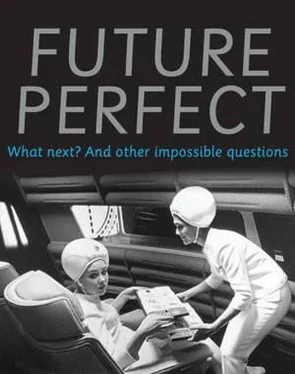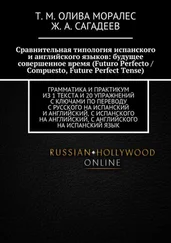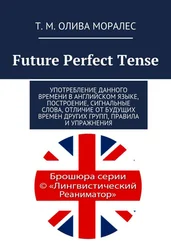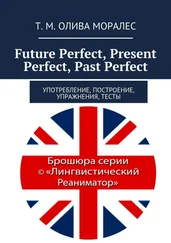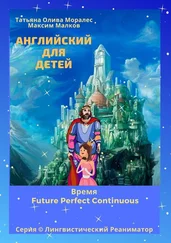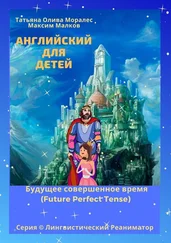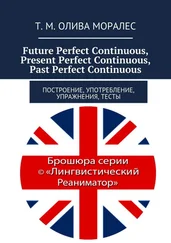* * * *
In 1993 science fiction writer Samuel Delany decided to see what the 23rd Psalm would look like in 2093 based on trends forced by electronic communication habits. How would the pithy, almost anorexic word use of our hasty times change the florid language of the past? The result is shown below.
2093
I have a supervisor
I need nothing more.
My sleeping, my eating, my drinking
Is observed and controlled.
Even if threatened by death,
I need not fear.
I need not think.
Controls and aids are all around me.
I am fed.
My enemies starve while they watch me eat.
My head is rubbed like a pet!!
My water dish is full to overflowing.
My whole life I will frisk about the palace!!
So much for the abruptness of the late 21st century. Compare the King James Bible version:
The Lord is my shepherd; I shall not want.
He maketh me to lie down in green pastures:
He leadeth me beside the still waters.
He restoreth my soul: He leadeth me in the paths of righteousness for His name’s sake.
Yea, though I walk through the valley of the shadow of death I will fear no evil:
For thou art with me; thy rod and thy staff they comfort me.
Thou preparest a table before me in the presence of mine enemies: thou anointest my
head with oil; my cup runneth over.
Surely goodness and mercy shall follow me all the days of my life: and I will dwell in the
house of the Lord for ever.
Sublime.
* * * *
The Hunches of Nostradamus
2008James Packer marries Elizabeth Murdoch (by arrangement through their brokers) to create the greatest media/gambling market at this end of the galaxy.
2009 Big Brother ‘final’ season adds spice by having one contestant with AIDS, one with Hepatitis A, B, and C and one with the gene for serial killing.
2010ABC, in crisis, closes down Radio National, merges with SBS and restructures to add five extra layers of senior management.
2011New technology allows viewers to bypass TV transmission and watch selected shows on the inside of eyelids. Over 400,000 episodes of The Bill and CSI made available.
2012Device worn inside the nostril can receive phone calls, radio and stock options; to be stored in lower spinal cord, bypassing the brain.
2013ITV in UK in controversy over The Bill showing non-simulated sex scenes and toilet close-ups while ignoring crime.
2014Channel 9 sold to James Bond.
2015Paris Hilton cloned.
2016ABC closed.
2017John Howard celebrates twenty years as PM by launching Cricket Channel.
2018James Bazalgette, who saved London in the nineteenth century by inventing modern sewers, comes back from the dead to condemn his great-great-great (etc) grandson, who produced media sewage (Big Brother) .
2019New iPod is chip implanted in a baby’s brain. Wearer selects (limited) channels by twitching nose.
2020Natasha Stott-Despoja becomes Australian PM. ABC reopened.
2. The Future of Science – The White Trash of the Pacific?
New ideas pass through three periods:
1 . It can’t be done.
2. It probably can be done, but it’s not worth doing.
3 . I knew it was a good idea all along!
– Arthur C. Clarke
My father announced, ‘You’re going to do science.’ So that was that. It was the way things were done 50 years ago. I was thirteen and my life’s course was set.
Gwyn Williams was clear in his reasoning. Science was the means to build the Promised Land, and the British education system made you choose your specialty around puberty. Arts or sciences: the great divide. Accordingly, I joined the nerdy stream at my traditional grammar school, forsaking subjects I was best at-languages and art-to struggle with Wheatstone bridges and titration.
Gwyn’s reasoning wasn’t entirely askew. It was just four years after Watson and Crick (as well as Perutz and Kendrew) had published their sensational papers on the chemicals of life (DNA and haemoglobin), thus inventing the entirely new field of molecular biology; and it was 1957, when Sputnik was launched, starting the Space Age. Not a bad time to take up your test tubes. New Scientist magazine had just been launched, and the BBC carried science programs with the unmistakable brio of making history.
I coped with science at school. It was obvious who the ‘brains’ were. They seemed to know everything automatically. Author Bryan Appleyard has written of his own fury at the way his father would casually glance at problems set for homework and not only know the answers instantly but also imply that anyone with balls or gumption should do so too. Gwyn was the same. He had come first out of 2000 students at Cardiff University while at the same time working down the mines. I still remember my pink haze of panic when I was first asked to solve a problem-thinking it through didn’t arise. This was a macho test.
Years later I was aghast to hear the great chemist Professor George Porter say that his own, similar education ‘crippled’ his mind for much of his life. But how can you say you were disadvantaged when now you are a Nobel laureate, president of the Royal Society of London and member of the House of Lords? I asked him, dumbfounded. Because, he answered, from the age of fourteen he was given only chemistry. It was the narrow specialisation of our era. It took him years to try to put it right.
None of this mattered to me. I intuitively took my science education to be a preparation for life and not a job ticket. Scores of my friends have done the same. We I are well equipped to be journalists, broadcasters, in business, administrators, publishers and investors because we are grounded in a real world and not one entirely of cultural constructs.
In the 21st century much has changed. Science has been sidelined, whatever lip service politicians pay it. Science courses have been turned into box-ticking travesties, as ‘knowledge’ is tested on the conveyor belt of exams instead of through ideas-based essays, and the teachers struggle. How amazed I am now to recall the succession of Cambridge men with first-class degrees we had routinely placed before us as teachers at our humble red-brick Tooting Bee Grammar. In future, then, science needs to be rescued.
* * * *
There are five reasons why science is essential to the nation. They are:
1. Wealth creation.
2. Democracy.
3. Fun.
4. Quarantine.
5. To tell us who we are.
To elaborate…
* * * *
Wealth creation
This is the heading politicians think of first, so I’m putting it at No. 1. Many surveys have been done on the relationship between state-funded scientific research and patents registered. I tend to go by the one published through the National Science Foundation in the USA, which says 72 per cent of these ‘innovations’ are scientifically based. This is roughly the figure other surveys offer as well.
It’s a lot. Most authorities also believe that the best way to harness brilliance is not to tell scientists to go forth and make a better mousetrap. The best way is to foster basic research and encourage those clever enough to do it brilliantly. Results will follow. Two fellows whose work I admire have said as much: Tom Barlow, in his exciting book Australian Miracle , and Bill Gates, boss of Microsoft, who said ‘Hire the best people you can find and let them do what they want.’
Читать дальше
